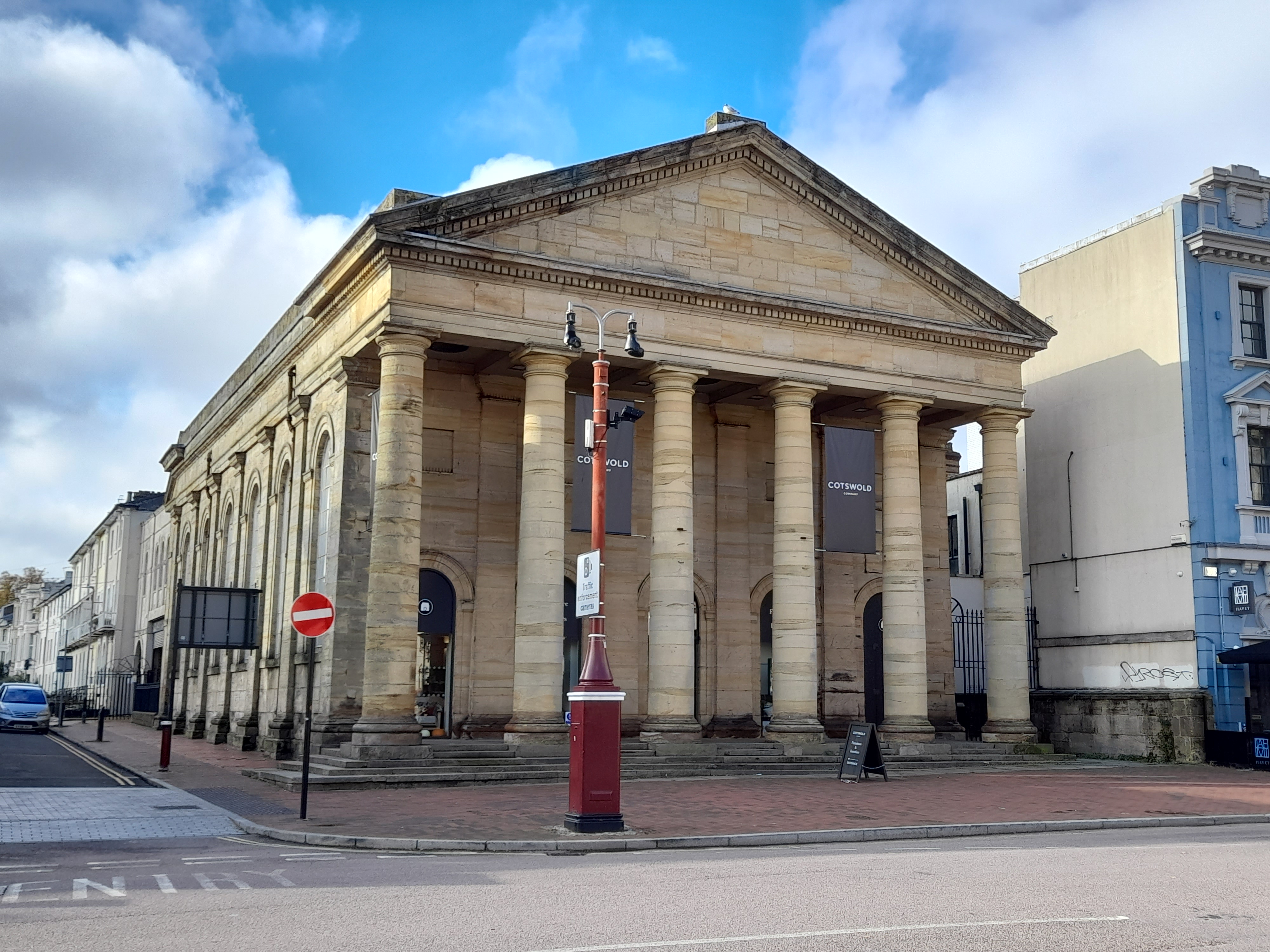
|
| Mt Pleasant and Mt Sion (and the road to Frant!) |
It may seem surprising to read about the history of a town on a church website, but even a brief glimpse of Tunbridge Wells will reveal it has a clear history of Christian witness from shortly after the waters were discovered by Lord North in about 1606.
Visitors (and residents) can be confused by the layout of the town, which seems to be in two parts: the main part around Royal Victoria Place, and the older part, centred around The Pantiles. For more information on this the local library has a list of its resources as a download on its home page here:
https://local.kent.gov.uk/kb5/kent/directory/service.page?id=J3yE8imp824&communitychannel=9
Incidentally, the location of the library at The Amelia is well worth a visit, including its excellent café.
In the town you will notice some strange road and street names: Mount Ephraim, Mount Sion, Little Mount Sion, Mount Pleasant. Some of these can be seen on maps that pre-date the roads that carry the names, and reveal, it is said, the Christian influence on the TW area from its earliest existence.
In Little Mount Sion can be found a Greene King pub called The Compasses, that is said to be the oldest pub in the town, dating back to the early 17th century. Searching in the local library reveals that it used to be called The Goat and Compass, which is a very strange name. However, when you dig deeper you discover that it was originally an inn called God Encompasseth Us, a reference to the Bible’s view of God surrounding or encompassing his people, found in, for example, Psalm 139:5 and Hebrews 12:1 & 2.
 |
| Mount Pleasant Congregational Church Building Today |
Someone described Tunbridge Wells as “England’s first resort” whilst Roger Morrice in his Entring Book published about 1677 describes it as “the most debauched town in the kingdom.”
During the reign of Charles II TW was said to be “a stronghold of Puritanism.” Whilst the name Puritan is today often a term of abuse it referred originally to those who had a high view of the Bible and its teachings, and they included Anglicans and Non-Conformists, within which group would be Baptists, like John Bunyan, the author of Pilgrim’s Progress - and us at Pantiles Baptist Church!
Looking for references to Baptists in local records we discovered that in 1661 some Baptists from Tunbridge Wells were arrested and put in Maidstone Prison. We do not know why they were imprisoned, but currently as a church we support a Christian group that regularly takes Sunday services in Maidstone Prison, so you could say Baptists are still there.